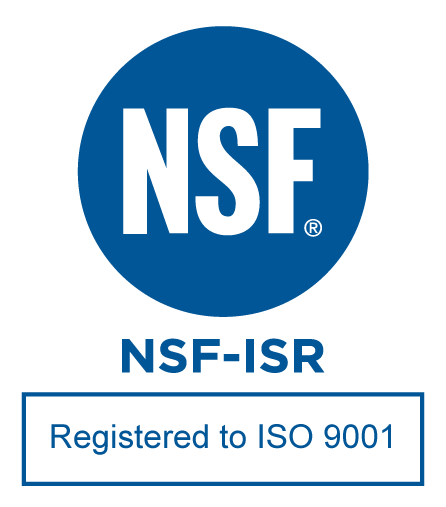When Selecting Air Cylinders, Don’t Overlook Chemical Compatibility — Part 1

Pneumatic cylinders are built to endure harsh environmental conditions, ensuring optimal performance in tough applications. However, some materials used to fortify cylinder components may react poorly if they make contact with certain chemicals, which can lead to cylinder damage, degradation and failure. To prevent these outcomes, machine builders must be proactive and consider the environmental and material factors when implementing their pneumatic cylinders.
In the first blog post of this series, we delve into the chemical compatibility considerations of an air cylinder’s body materials.
Body Construction
Air cylinders with anodized or hard anodized aluminum bodies benefit from a protective oxide layer that bonds completely to the aluminum. The finished surface stands up to tough industrial conditions with virtually no wear and tear. Anodized finishes are chemically stable, do not decompose, resist heat up to +1,221°F, are non-toxic and non-hazardous, and they don’t produce any harmful or dangerous byproducts.
Food applications require equipment with food-grade stainless steel construction to withstand frequent cleaning with harsh chemicals. Stainless steel’s composition includes chromium, an element that reacts quickly to oxygen and forms an active barrier that protects both the surface and interior structures against corrosion.
An effective alternative to metal air cylinders in washdown applications is polyoxymethylene, an acetal homopolymer resin with the brand name Delrin®. Delrin offers mechanical strength, chemical and corrosion resistance, and is lightweight. This plastic is ideal for washdown applications or other environments with industrial solvents, lubricants, agricultural chemicals, fuels, weak acids and bases, as well as water. However, we recommend that you don’t use Delrin in applications involving strong bases, strong acids, chloride or zinc chloride solutions.
Work With Your Pneumatic Cylinder Manufacturer
If you are unsure a cylinder’s constituent materials are appropriate for your application, consult with the manufacturer to help determine the best unit and parts to meet your requirements.
At Fabco-Air, we can help you modify a standard cylinder or custom-engineer cylinder components so your unit will be stable in its intended environment. You can also use our online Configure & CAD Tool to select and configure your cylinder from the ground up, option by option.
Read our white paper for more information.

